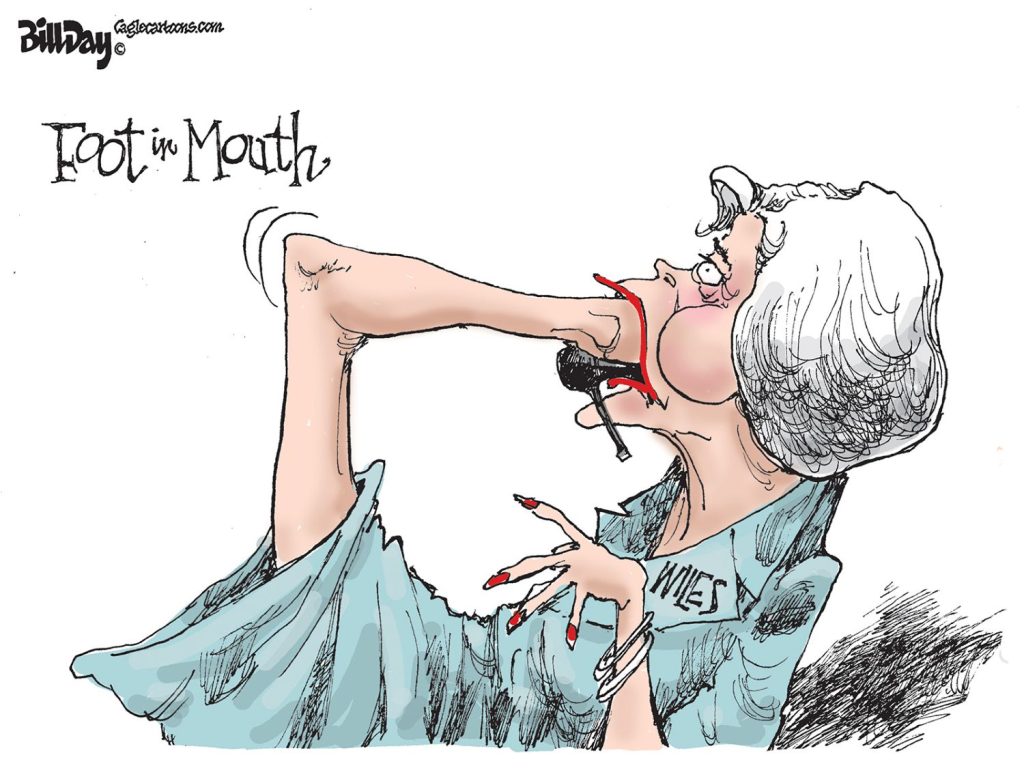There’s such a fine line in politics between populism and pandering.
In his political career, Shelby County’s top prosecutor Bill Gibbons has had his share of the latter and his attempts at the former have generally seemed forced and artificial.
We were reminded of that again this week with more evidence of an insatiable appetite for mandatory sentencing. Apparently, in time, we can eliminate all judges and put a calculator on the bench to dispense justice as mere calculations.
Prosecutorial Leadership
It’s too bad, because in a number of cities, prosecutors are leading campaigns to educate the public about the root causes of crime and to mobilize support for programs to attack them. Also, in other places, there is a growing realization that the growing “corrections-industrial complex” is aimed at keeping more and more people in prison because they in essence are the profit centers for politically-connected vendors such as Corrections Corporation of America.
It is of course politically expedient to propose mandatory sentencing, so voters rarely hear the other side of the issue. For that reason, we admired Cardell Orrin, local political reformer and strategist, for asking the right questions about what is most successful in finding the proper balance between punishment and rehabilitation.
In a city plagued by crime like ours, it’s hard to ask such questions, but they nevertheless are the ones that deserve serious consideration. The U.S. is already the West’s leading prisoner nation, and if Memphis is intent on becoming the leading prisoner city, we cannot in time support the growing costs of such a system.
State Mandates
Meanwhile, this week, Attorney General Gibbons – a member of a party that espouses less government intrusion in local affairs and in the value of the best government being closest to the people – said that he would support state legislation to win a police residency argument that he couldn’t win locally.
This act of political overkill was put forth by yet another Republican, Tennessee Rep. Brian Kelsey, whose naivete is only matched by his self-righteous rigidity, and whose obsessive headline-hunting led him to proposal a state bill to outlaw the ability of cities to make their own decisions about the residency requirements of their police force.
It’s always fascinating to watch these hide-bound conservatives rail against liberals who try to dictate their agenda through government regulations, but when given a chance, can’t seem to resist the chance to do exactly what they criticize.
State Interference
After all, it seems better and more responsive government for such decision to be made by each city based on its own needs and policies. While we too advocated for the relaxing of the police residency requirements, we nonetheless abhor the interference of state government into a decision that is best left to local officials.
The Memphis City Council majority that had won the vote on policy residency should be commended for their willingness to reopen the issue and pursue a compromise on the politically divisive issue. After all, they had the votes and didn’t have to do anything, but in the end, cooler heads prevailed on both sides of this issue and the compromise allows for applicants to come from within 20 miles of Memphis.
And yet, the attorney general was unwilling to let go of the issue regardless of the divisiveness. He told the Memphis Flyer’s Jackson Baker that “it is possible” to pass a state law that would dictate and force Memphis and every other local government in Tennessee to eliminate any residency requirements that they had passed.
Talking The Walk
While he may think that this position will play well in Memphis, it’s less clear about whether cities across Tennessee believe that edicts from state government should trump local self-determination.
It’s uncertain about the ultimate political impact of Mr. Gibbons’ position. It is certain, however, that this will be a long campaign for governor.

